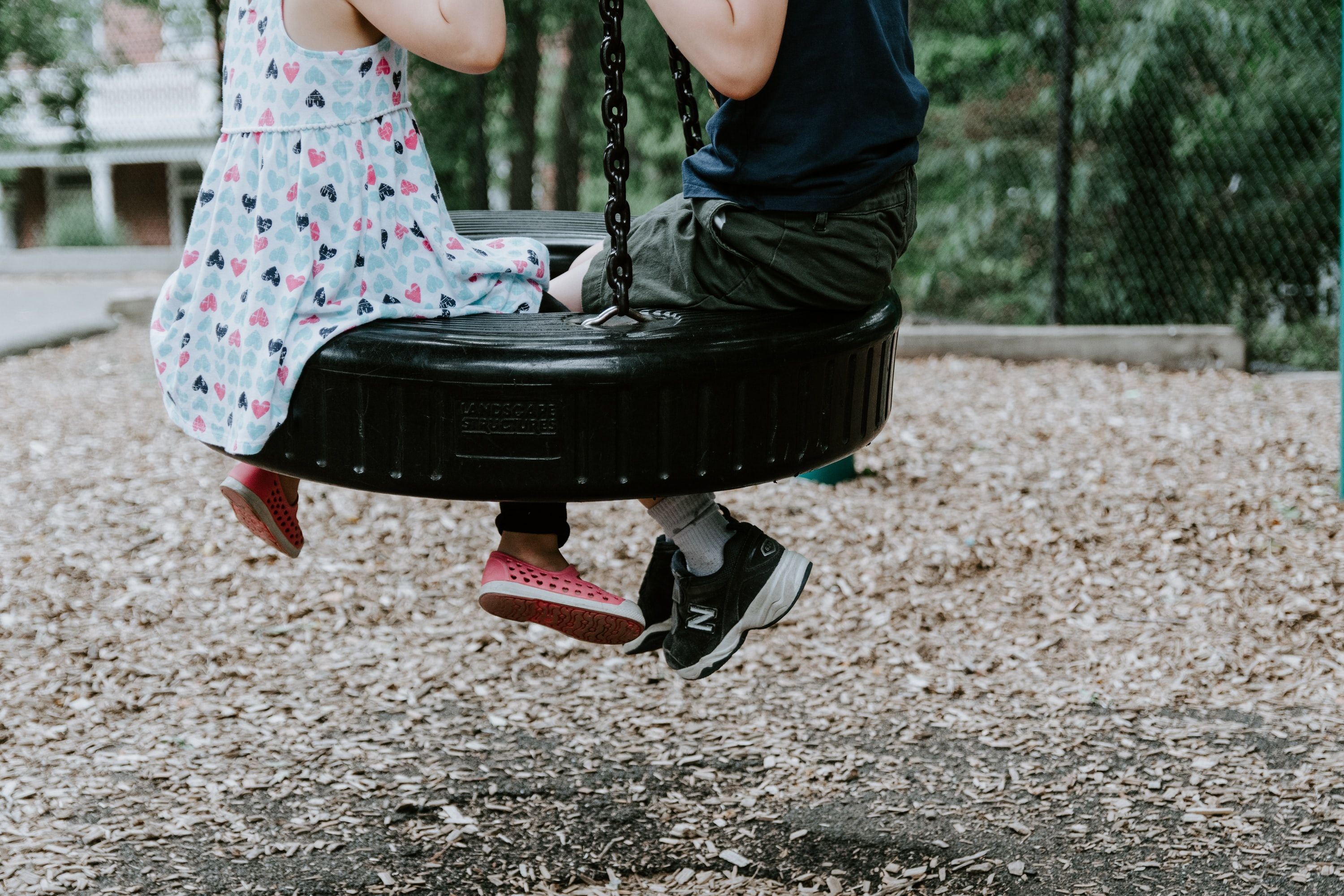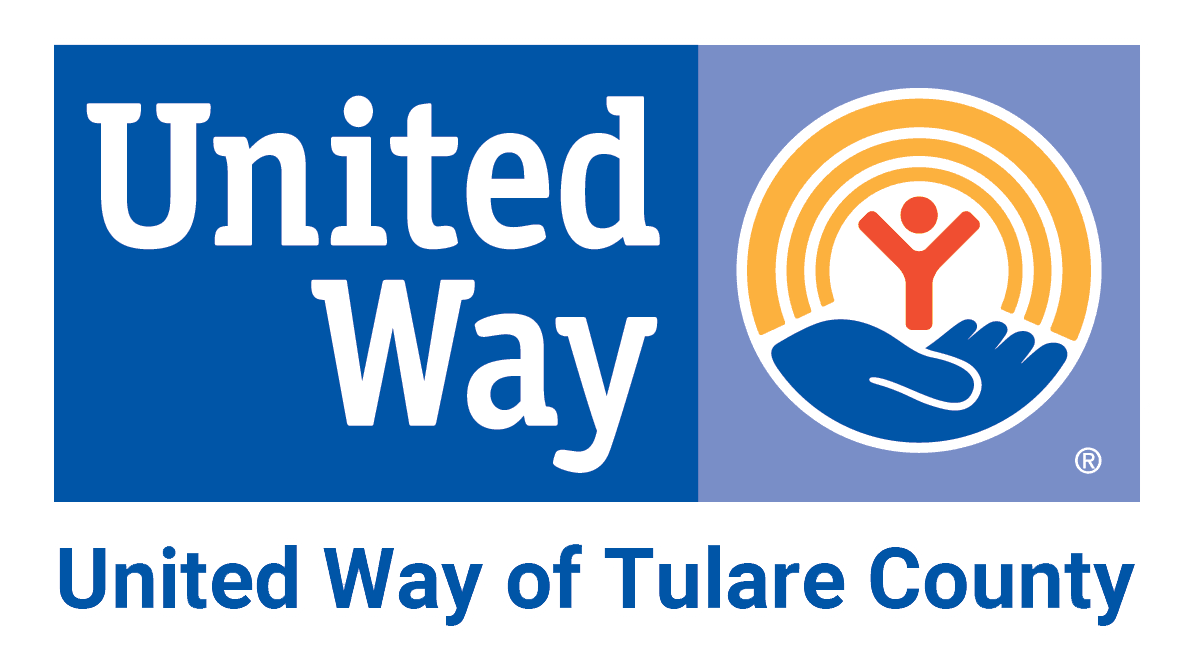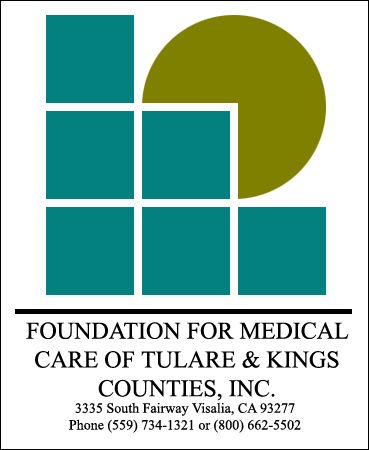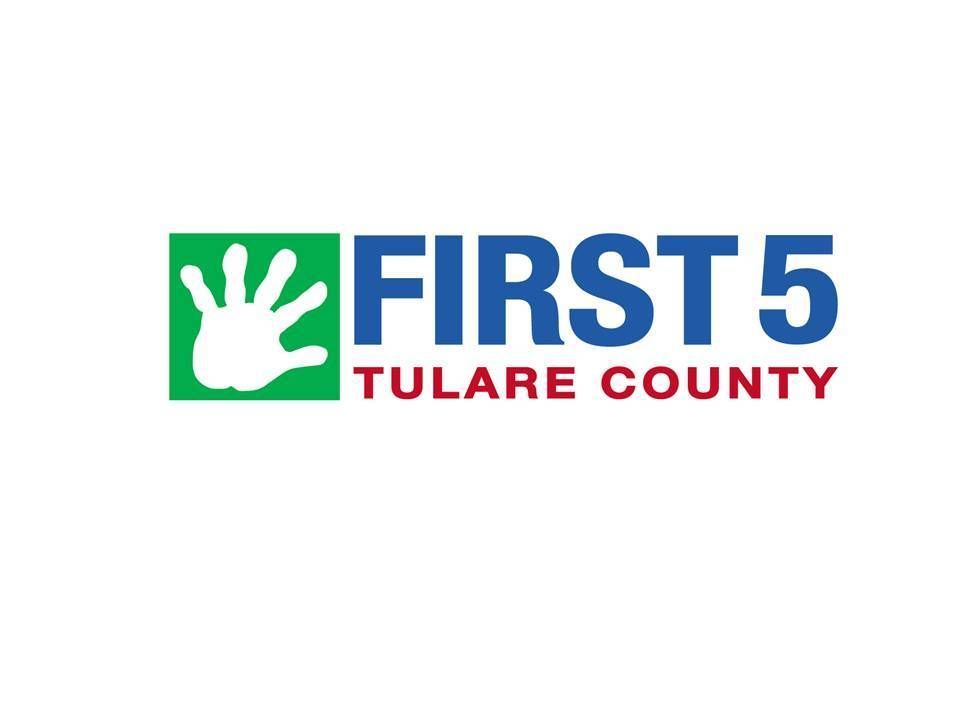What is child abuse?
Child abuse and neglect can cause physical injuries, emotional trauma, and even death. Children who are abused or neglected, including those who witness domestic violence, are more likely to experience cognitive, emotional, and behavioral problems, such as difficulty in school, anxiety, depression, and substance abuse. Child maltreatment can also disrupt brain development, increasing the risk for health problems in adulthood, e.g., heart disease, cancer, obesity, depression, and suicide, among others.
Abuse and neglect can occur in all types of families, but there are factors that place children at a greater risk. For example, children younger than 4 and those with special needs are at greatest risk of maltreatment. Family and community risk factors can include substance abuse or mental illness in the family, social isolation, major stress (such as poverty), domestic violence, and community violence.
How common is it?
-
1 out of every 15 Tulare County children receive a suspected call for child abuse on them in 2019.
-
In 2019 Child Protective Services received over 8,000 calls alleging abuse of over 10,000 children in Tulare County.
-
In 2019 there were 1,045 Tulare County children with a substantiated allegation of child abuse. This equates to 2.86 for every day.
-
Of the 150,000 Tulare County children, 10,000 were involved in a suspected call for child abuse on them in 2019.
What does Family Services do?
At our Children’s Counseling Center, Family Services provides free counseling services for children 0-18 who have been physically or sexually abused, severely neglected or endangered, or exposed to violence in their home or community. Our In-Home Parenting program teaches healthy parenting skills to parents who have been involved with Child Welfare who are at risk for child abuse or neglect. Trained parent educators visit families in their home environment and utilize evidence-based curriculum to assist parents in learning the necessary skills to keep children safe and foster healthy parent-child relationships. At our Supervised Visitation Center, children can visit with their non-custodial parent or transfer from one custodial parent to another in a safe, conflict-free environment a parent’s other problems.
What can I do?
- Learn to recognize the signs of child abuse and neglect, and call Tulare County Child Welfare Services (559-730- 2677 of 800-331- 1585) to file a report if you suspect abuse. (Note: Family Services of Tulare County is not a subsidiary of Child Welfare Services.)
- Donate to Family Services’ Safe Children program.
Sources:
- U.S. Department of Health & Human Services, Administration for Children and Families, Children’s Bureau
- kidsdata.org, a program of the Lucile Packard Foundation for Children’s Health




